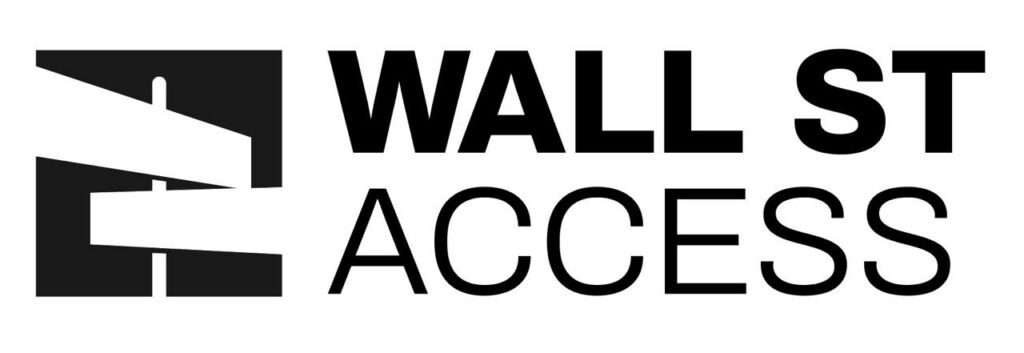Critical Minerals Setback for U.S. Supply Chain Strategy
In a blow to U.S. efforts to strengthen domestic access to strategic resources, the Department of Defense (DoD) has abruptly canceled its $500 million cobalt tender, which aimed to secure up to 7,500 tons of the key battery metal over five years.
The tender — managed by the Defense Logistics Agency (DLA) — was first announced in August, representing Washington’s most ambitious attempt in over three decades to rebuild its reserves of cobalt, a mineral critical to electric vehicles, military hardware, and aerospace technology.
After multiple deadline extensions, the solicitation was terminated this week, with the DLA citing “outstanding issues with the Statement of Work” that must be resolved before reissuing the request for proposals.
The decision highlights how bureaucratic, logistical, and geopolitical complexities continue to undermine Western efforts to counter China’s dominance over global critical mineral supply chains.
Why Cobalt Matters
Cobalt plays a central role in rechargeable batteries, defense systems, and jet engine alloys — all key sectors targeted by U.S. industrial policy under the Defense Production Act and Inflation Reduction Act.
Yet the metal remains one of the hardest to secure domestically. China controls the majority of global cobalt refining capacity and has strategically built stockpiles to reinforce its position across the battery metals market.
Compounding the challenge, the Democratic Republic of Congo (DRC) — which produces roughly 75% of the world’s cobalt — has repeatedly altered export rules. A recent ban on shipments was replaced by a quota system, triggering a doubling of global cobalt prices since February.
Who Was Involved
The DLA’s request sought fixed-price, five-year contracts for alloy-grade cobalt from major producers, including:
- Vale SA (Canada)
- Sumitomo Metal Mining Co. (Japan)
- Glencore Plc’s Nikkelverk plant (Norway)
While some suppliers engaged, the project appeared to face technical and contractual roadblocks — including product exclusions and concerns about price volatility in the cobalt market.
The agency’s original plan was to spend a minimum of $2 million and up to $500 million, depending on market conditions and supplier capacity.
Strategic Implications
The tender’s collapse reflects a deeper issue in the U.S. critical minerals strategy: policy ambition continues to outpace execution. Despite bipartisan consensus on reducing reliance on China, the U.S. remains far behind in mining, refining, and stockpiling strategic materials.
Industry experts say without streamlined permitting, public-private partnerships, and clear pricing frameworks, such efforts risk further delays — leaving America dependent on foreign-controlled supply chains during a time of escalating geopolitical tension.
WSA Take
This cancellation is more than a bureaucratic hiccup — it’s a signal that U.S. mineral independence remains elusive. Washington’s goal of securing critical minerals like cobalt, lithium, and nickel has clashed with permitting delays, lack of domestic refining capacity, and market volatility.
Until the U.S. aligns policy execution with strategic intent, China’s dominance in the mineral value chain will persist. Expect future tenders to return with tighter parameters, higher costs, and greater urgency.
Read our recent coverage on Microsoft, Amazon, and Google accelerating their Chinese supply chain exit.
Visit the Wall Street Access homepage.
Disclaimer
Wall Street Access does not work with or receive compensation from any public companies mentioned. Content is for educational and entertainment purposes only.








